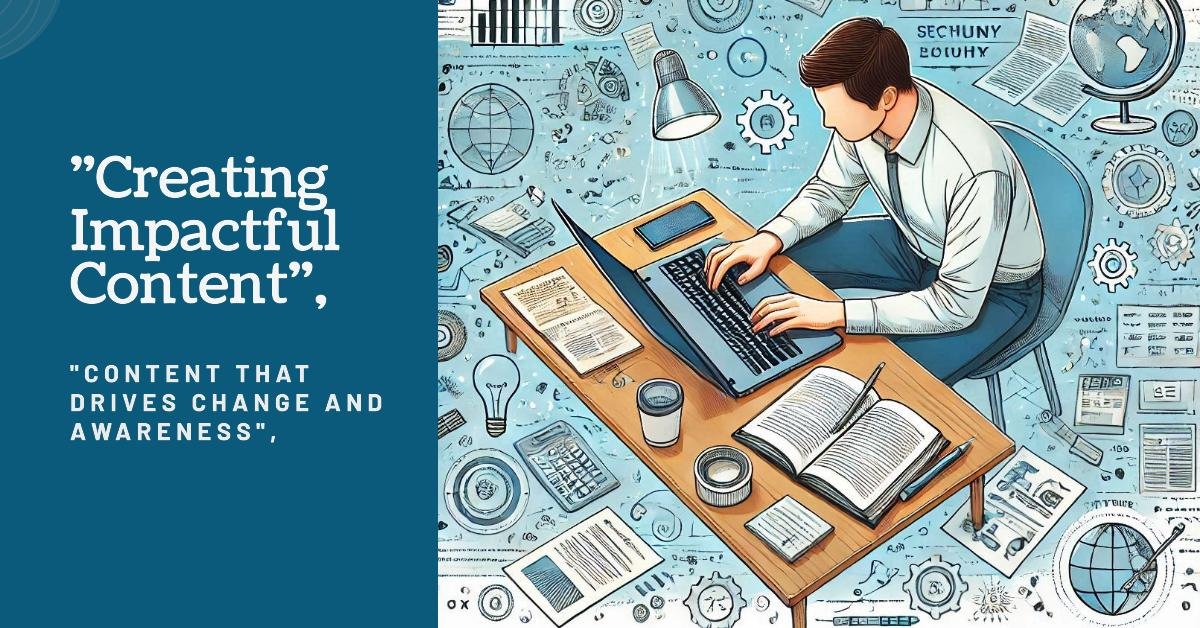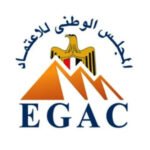
Appointment generation remains a pivotal element in the sales process, serving as the link between generating leads and sealing deals. As we enter 2025, advancements in technology, shifting customer expectations, and the ever-evolving business environment are transforming how companies approach appointment settings. By understanding and adapting to these changes, businesses can effectively engage prospects, secure valuable meetings, and boost conversion rates.

In 2025, appointment generation will be more strategic, dynamic, and tailored than ever before. Companies are leveraging cutting-edge technologies and adopting innovative approaches to connect with their target audience effectively.
Artificial intelligence is revolutionizing sales by enabling highly personalized outreach. AI tools analyze customer behaviors, preferences, and pain points to craft tailored messages that resonate with prospects. These personalized touches make communication more relevant, improving the chances of securing appointments.
Prospects interact across multiple platforms, making an omnichannel approach indispensable. Reaching prospects through email, phone, social media, and video conferencing ensures you connect with them on their preferred channels, increasing engagement.
Data analytics is at the heart of modern appointment generation. By understanding when prospects are most likely to respond and which communication methods work best, sales teams can optimize their outreach strategies for maximum impact.
Automation tools are streamlining repetitive tasks in the appointment-setting process, such as sending follow-up emails or scheduling meetings. This efficiency allows sales professionals to dedicate more time to nurturing relationships and closing deals.
Virtual and hybrid meetings are becoming the norm, providing flexibility and convenience for both sales teams and prospects. These formats remove geographical barriers, making it easier to connect with leads globally.
To thrive in this dynamic environment, sales teams must adopt a modern approach to appointment generation. Here are some proven strategies to help navigate the evolving sales landscape:
Building trust and providing value should be at the core of every interaction. Prospects are more likely to book appointments when they perceive genuine interest in solving their problems rather than just making a sale.
Clear, concise, and compelling communication is essential to grab the attention of busy prospects. Whether it’s a cold email or a follow-up call, ensure your message is professional, engaging, and aligned with the prospect’s needs.
Social media platforms are invaluable tools for appointment generation. Platforms like LinkedIn allow sales professionals to connect with decision-makers, showcase expertise, and build meaningful relationships that lead to appointments.
Sales enablement tools are indispensable for managing the appointment-setting process. These tools help track prospects, monitor pipeline progress, automate routine tasks, and provide insights to refine outreach efforts.
Offering virtual, in-person, or hybrid meeting options caters to the diverse preferences of prospects. Flexibility in scheduling and formats demonstrates your adaptability and willingness to accommodate their needs.
Technology plays a crucial role in modernizing the appointment-setting process. By integrating the right tools and platforms into your strategy, you can enhance efficiency and improve outcomes.
A robust Customer Relationship Management (CRM) system keeps track of prospect interactions, appointment histories, and follow-up schedules. This centralized information ensures seamless communication and efficient follow-ups.
Predictive analytics powered by AI can forecast which prospects are most likely to convert. This allows sales teams to prioritize high-value leads and allocate resources effectively.
Tools like Calendly and HubSpot Meetings simplify scheduling by letting prospects book meetings directly based on your availability. This eliminates the back-and-forth typically associated with setting up appointments.
Personalized email sequences can be automated to nurture leads and follow up on inquiries. These campaigns keep your brand top-of-mind and encourage prospects to schedule appointments.
In 2025, customer expectations are higher than ever, and meeting these demands is key to successful appointment generation.
Quick responses show prospects that their time is valued. Whether it’s replying to inquiries or confirming meeting details, prompt communication leaves a positive impression.
Ensure every touchpoint adds value to the prospect. Share relevant industry insights, address specific pain points, or offer solutions that demonstrate your expertise.
With stricter data privacy regulations, it’s crucial to respect prospects’ preferences regarding communication methods and frequency. Transparency about how their data is used builds trust and enhances engagement.
Despite advancements, sales teams still face challenges in appointment generation. Addressing these obstacles proactively can significantly improve results.
Ensure your outreach is personalized and aligned with the prospect’s needs. Generic messages are less likely to resonate.
Focus on educating prospects rather than selling immediately. Use initial interactions to establish credibility and address any objections.
Automate repetitive tasks and use scheduling tools to optimize your time, allowing you to focus on high-priority leads.
The future of appointment generation lies in its ability to adapt to technological innovations and evolving customer behaviors. Success in this area depends on a combination of relationship-building, strategic communication, and the effective use of tools and data.
By staying ahead of trends and continuously refining your approach, you can turn appointment generation into a powerful driver of sales growth in 2025 and beyond.

